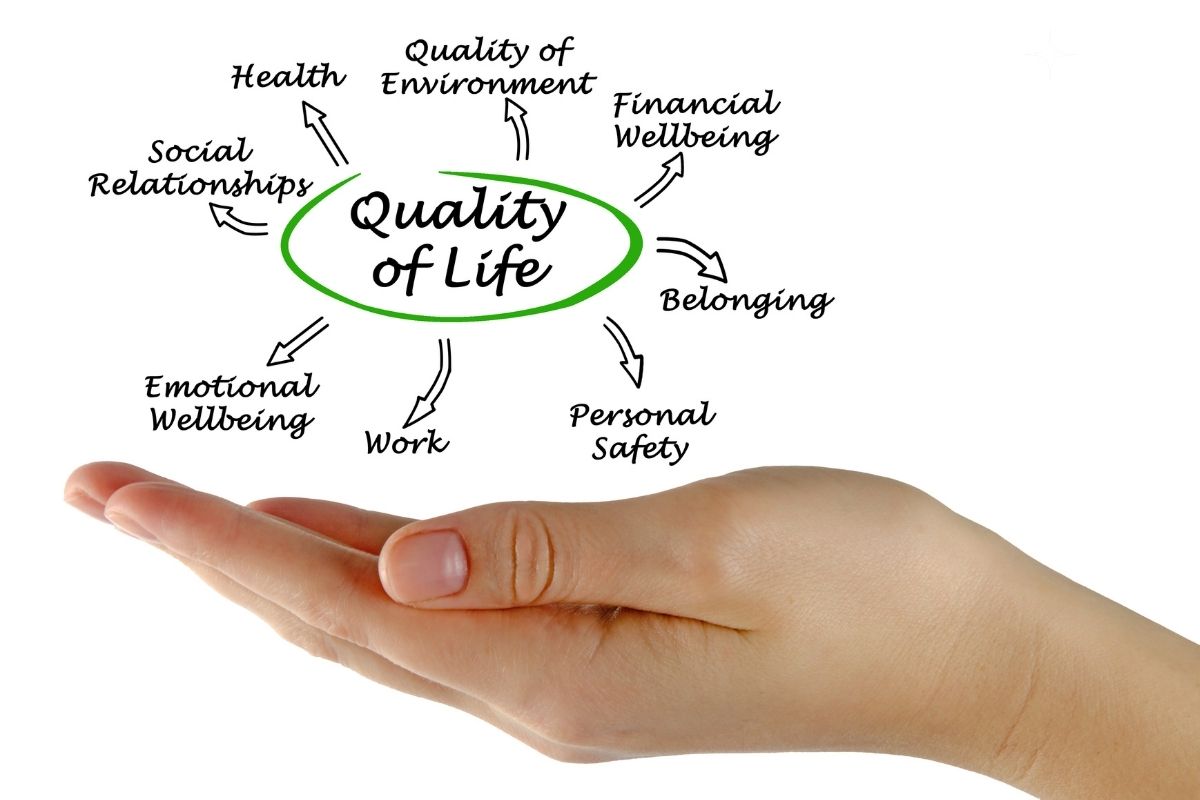Authors: Weatherall J, Polonsky WH, Lanar S, Knoble N, Håkan-Bloch J, Constam E, Philis-Tsimikas A, Marrel A
Abstract
Background: Anecdotal reports suggest that insulin degludec (IDeg) may offer unique health-related quality of life (HRQoL) benefits. As the nature of these benefits remain unclear, this study utilized qualitative research methods to investigate and elucidate the experience of “feeling better” after initiating IDeg.
Methods: Twenty adults with type 2 diabetes (T2D) who reported “feeling better” on IDeg for > 3 months participated in 90-min interviews. One focus group and nine telephone interviews were conducted at two sites in the United States (US) and one focus group was conducted in Switzerland. Patients were ≥ 18 years of age, did not take mealtime insulin, and had switched to IDeg from another basal insulin. Discussions were audio-recorded, transcribed and translated (Swiss German). Utilizing grounded theory, transcripts were analyzed by sorting quotes into concepts using thematic analysis.
Results: Participants’ mean age was 66 years and the average duration of T2D was 17.6 years. Mean duration of IDeg use was 1.45 years. Four major factors were identified as key contributors to patients’ sense of “feeling better”: 1) reduced sense of diabetes as burdensome and requiring excessive attention; 2) enhanced feelings of adaptability and freedom; 3) heightened sense of security, especially regarding concerns about hypoglycemia; and 4) greater sense of physical well-being (greater energy/less fatigue). Content saturation was achieved. Generally, patients from the US sites were more focused on medical results than Swiss patients, who were more likely to identify IDeg’s effect on overall HRQoL. A limitation of the study was that the population was primarily white, > 60 and otherwise healthy (no comorbid physical or mental condition).
Conclusions: A group of patients with T2D, who had switched to IDeg from another basal insulin, reported HRQoL benefits which were attributed to both diabetes-specific improvements (feeling less burdened by day-to-day diabetes demands) and non-specific gains (greater energy). The conclusions may have limited transferability due to the characteristics of the sample population and further research is needed.



